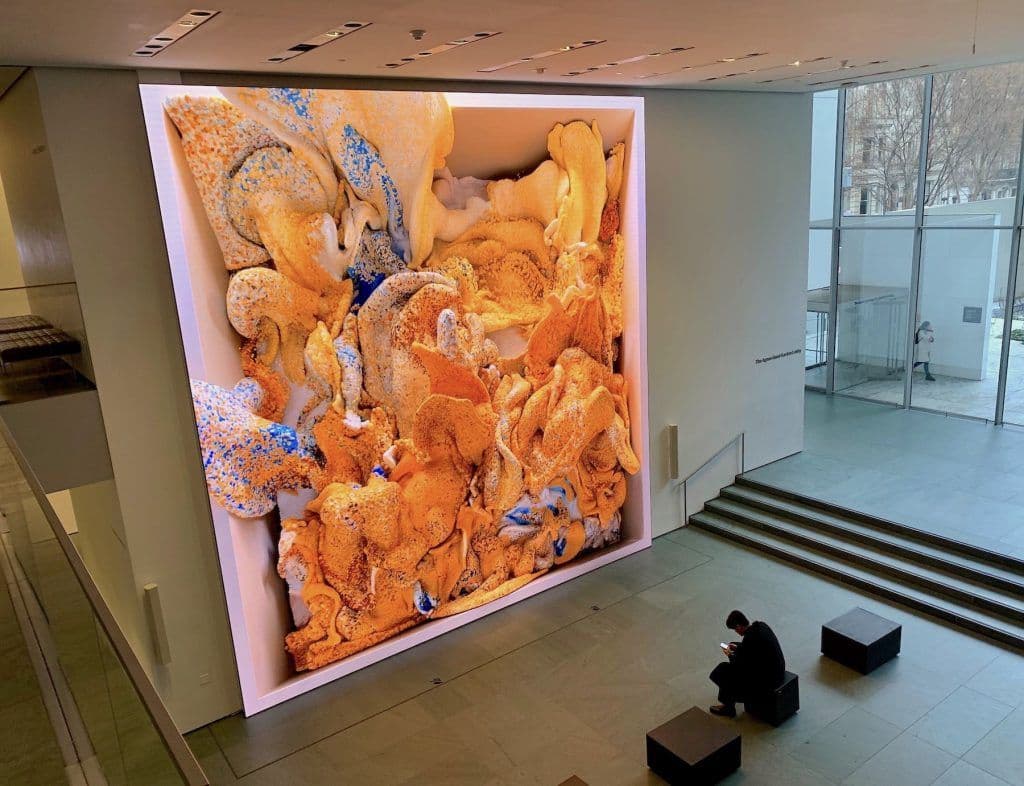In the ever-evolving landscape of technology, artificial intelligence (AI) has emerged as a powerful force. As leaders in the IT software development and mobile development industry, it's crucial to understand the implications of AI on creativity, job roles, and the future of work. AI in IT and Mobile Development is not just about technology; it's about empowerment. It empowers businesses to make data-driven decisions, developers to create groundbreaking applications, and users to enjoy more personalized, efficient, and delightful experiences.
AI as a Tool for Creativity
It is important to remember that AI is a tool. Like any tool, it can be used for good or for bad. It is up to us to decide how we use AI.
With AI, we can improve our ability to think creatively and produce work that is new and original. For instance, it can give rise to novel ideas and explore alternative artistic possibilities that are later worked on.
AI will help us invent fresh types of art, games, and other means of amusement for which otherwise no such possibilities exist. For instance, AI has been put into use in developing interactive art experiences, personalizing compositions of music, and creating virtual worlds.
Also, Read: How Artificial Intelligence (AI) is Changing Retail?
How Leaders Can Thrive in the Age of Automation
The rise of AI is leading to automation and disruption in many industries. This is creating new challenges and opportunities for leaders.
To thrive in the age of automation, leaders need to be able to:
- Adapt to change quickly and effectively.
- Develop new skills and competencies.
- Focus on human-centered leadership.
Leaders also need to create a culture of innovation and creativity within their organizations. This means encouraging employees to experiment with new ideas and to use technology to enhance their work.
1. The Rise of AI and Creativity
Can you visualize an AI-powered artist making enchanting paintings, an AI composer weaving soul-stirring music, and an AI writer writing enthralling stories? This has elicited a mix of optimism and skepticism about AI’s capability to be creative. Nevertheless, rather than suppressing human ingenuity, the AI could enhance it.
The story of AI-generated artwork like "Portrait of Edmond de Belamy" by Obvious, which sold for over $432,000 at auction, showcases the value AI can bring to the art world. This is not a replacement for artists but a tool that can aid and inspire human creativity.
2. Redefining Job Roles
As AI becomes increasingly integrated into various industries, job roles are evolving. Some traditional tasks are being automated, but new opportunities are emerging. Embracing these changes is essential for staying relevant.
Take the example of Jane, a software developer who used AI tools to automate routine coding tasks, allowing her to focus on more complex challenges and innovation. Her role evolved from a mere coder to a creative problem solver, highlighting how AI can augment human capabilities.
3. Collaboration Between Humans and AI
Rather than viewing AI as a replacement, consider it a creative partner. By harnessing AI's data-driven insights and automation capabilities, you can streamline processes, make informed decisions, and unlock new possibilities in IT and mobile development.
Picture a group of mobile app developers that utilized AI to process client information to offer tailor-made services towards consumers’ fulfillment. This collaboration between human creativity and AI's analytical prowess led to remarkable success.
4. Skills for the Future
To thrive in the age of automation, it's essential to acquire and hone skills that complement AI. These include critical thinking, problem-solving, and emotional intelligence, which are uniquely human strengths that AI lacks.
Mark, a project manager, improved team dynamics by using emotional intelligence to navigate conflicts. In an era of increased automation, these soft skills are becoming more valuable than ever. Mark's story is a testament to the enduring value of human skills in the workplace.
Also, Read: How to Build Augmented Reality (AR) Apps in Flutter?
Embracing the Future
The AI revolution is not the end of human creativity or originality; it's a new chapter in our story. Embracing AI as a tool to enhance creativity and efficiency is critical these days. By adapting to evolving job roles, collaborating with AI, and nurturing essential human skills, you can thrive in the age of automation.
Here are a few stories and examples of how AI is already being used to enhance human creativity:
AI-powered Art Tools:
Artists use AI to create new and innovative works of art.
For example, the artist Refik Anadol uses AI to generate immersive art installations that explore the intersection of art and technology.
AI-powered Music Tools:
AI has broadened the horizon of music composition and the exploration of new genres for musicians.
For example, the musician Taryn Southern has created an album called “I AM AI” which is composed and produced using AI.
AI-powered Writing Tools:
For writers, AI has proved to be a boon. It has helped writers generate ideas, improve their writing style, and access writing in multiple languages
For example, the writer and journalist Will Knight uses AI to help him research and write his articles.
To bring it all together, the future of work is not bleak; it's a canvas waiting for your creative strokes, empowered by the limitless potential of AI. In this era of change, remember that the only constant is innovation. Embrace it, and you'll find that AI can be your greatest ally, enhancing your abilities and driving your success.
Are you ready to harness the power of AI for your business needs? At Solute Labs, we don't just build apps; we offer expert consultation on AI solutions tailored to your unique requirements. Our team of AI enthusiasts is eager to assist you in realizing the full potential of artificial intelligence. Contact us today and embark on a journey to unlock the future of innovation, efficiency, and growth with AI by your side. Let's shape the future together.

